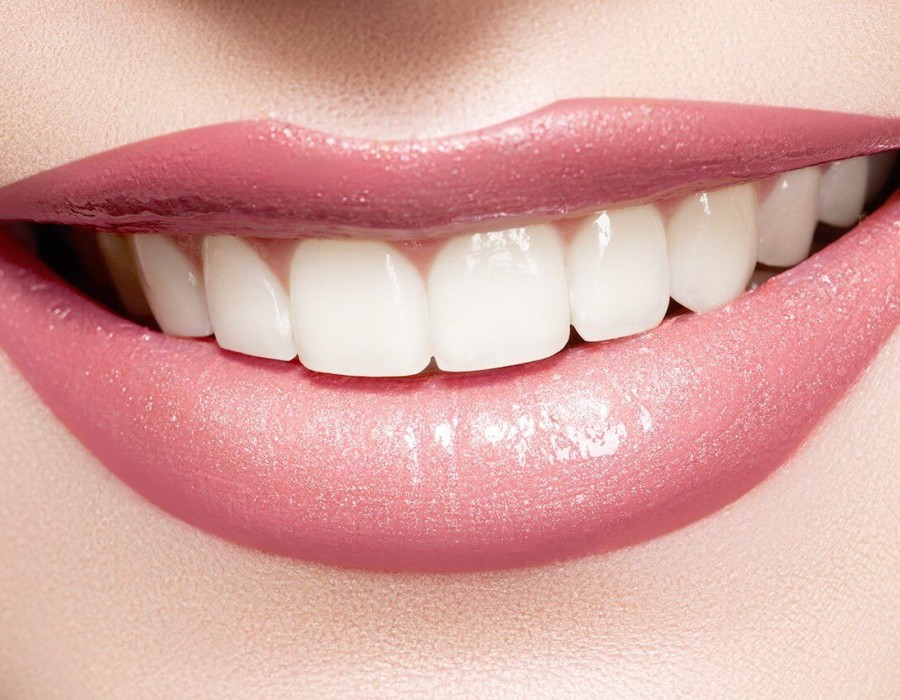Teeth whitening is a popular cosmetic dental procedure, but for individuals with sensitive teeth, the process can be daunting. Sensitive teeth can react to hot, cold, or sweet stimuli, making the thought of whitening treatments uncomfortable. Fortunately, there are safe and effective options available that cater specifically to those with sensitivity. In this article, we will explore the Best Teeth Whitening in Dubai methods for sensitive teeth, their effectiveness, and tips for maintaining your results.
Understanding Tooth Sensitivity:
Tooth sensitivity occurs when the underlying layer of the tooth, known as dentin, becomes exposed. This can happen due to enamel erosion, gum recession, or other dental issues. When the dentin is exposed, it can lead to discomfort when consuming hot or cold substances. This sensitivity can also extend to whitening treatments, which often contain bleaching agents that can exacerbate discomfort.
Before undergoing any whitening procedure, it’s crucial to consult with a dentist, especially if you have sensitive teeth. They can help determine the underlying cause of your sensitivity and recommend the most suitable whitening options.
Best Teeth Whitening Options for Sensitive Teeth:
Professional Whitening Treatments:
Professional whitening treatments performed by a dentist are often the safest choice for those with sensitive teeth. Dentists can tailor treatments to minimize sensitivity by using lower concentrations of whitening agents or applying desensitizing agents before and after the procedure.
In-Office Whitening:
In-office whitening is a quick and effective option. Dentists use stronger bleaching agents that can produce immediate results, often in just one visit. To protect sensitive teeth, many dentists use light-activated technology combined with a special gel that helps minimize sensitivity. This process ensures a controlled environment and professional oversight, making it a reliable option.
Custom Take-Home Kits:
Custom take-home whitening kits prescribed by a dentist are another excellent choice for sensitive teeth. These kits typically contain lower concentrations of bleaching agents and are designed to be used over a longer period. The dentist provides custom-fitted trays to ensure even application and reduced contact with the gums, which can help lessen sensitivity.
Whitening Toothpaste
For those seeking a gentler approach, whitening toothpaste can be an effective solution. Many brands offer formulations specifically designed for sensitive teeth. These toothpaste contain milder abrasives and gentle whitening agents, allowing you to achieve gradual results without discomfort.
When selecting a whitening toothpaste, look for products that carry the American Dental Association (ADA) Seal of Acceptance, which ensures the product has met safety and effectiveness standards. Regular use, alongside good oral hygiene practices, can help maintain a brighter smile over time.
Natural Whitening Remedies:
If you prefer a more natural approach, several at-home remedies may help whiten teeth without causing sensitivity. While results may not be as pronounced as with professional treatments, these methods can be gentler on sensitive teeth:
- Baking Soda: A mild abrasive, baking soda can help remove surface stains. Mix a small amount with water to form a paste and gently brush your teeth with it once or twice a week.
- Activated Charcoal: This substance has gained popularity for its ability to absorb stains. Use activated charcoal sparingly, as its abrasiveness can potentially damage enamel if overused.
- Coconut Oil Pulling: Swishing coconut oil in your mouth for 10-15 minutes may help reduce bacteria and surface stains. This method is gentle and can be done daily without the risk of sensitivity.
Whitening Strips for Sensitive Teeth:
Some whitening strips are specifically designed for sensitive teeth. These strips typically contain a lower concentration of hydrogen peroxide and are formulated to reduce discomfort. It’s essential to follow the manufacturer’s instructions and limit use to avoid potential sensitivity issues.
When choosing whitening strips, look for products labeled as “sensitive” or “gentle.” Ensure they are approved by dental professionals for safety and effectiveness.
Tips for Reducing Sensitivity During Whitening:
If you have sensitive teeth and are considering whitening, here are some tips to help reduce discomfort:
- Use Desensitizing Products: Consider using desensitizing toothpaste or gels before and after your whitening treatment. These products can help block pain signals to the nerves in your teeth.
- Gradual Whitening: Opt for a gradual whitening approach. Using lower concentrations of whitening agents over an extended period can minimize sensitivity compared to one-time high-concentration treatments.
- Follow Aftercare Guidelines: After whitening, avoid consuming extremely hot, cold, or acidic foods and beverages for at least 24 hours. This allows your teeth to recover and reduces the risk of sensitivity.
- Stay Hydrated: Drink plenty of water during and after your treatment. This can help flush away any residual whitening agents and promote oral health.
Maintaining Your Bright Smile:
Once you achieve your desired level of whiteness, it’s essential to maintain your results. Here are some tips to keep your teeth looking bright:
- Regular Dental Check-ups: Visit your dentist regularly for check-ups and cleanings. Professional cleanings can help remove surface stains and maintain your whiteness.
- Practice Good Oral Hygiene: Brush your teeth at least twice a day and floss daily. Using whitening toothpaste can also help keep stains at bay.
- Limit Stain-Causing Foods and Drinks: Reduce your intake of coffee, tea, red wine, and other foods that can stain your teeth. If you do consume them, rinse your mouth with water afterward to minimize staining.
Conclusion:
Whitening your teeth with sensitivity doesn’t have to be an uncomfortable experience. With the right options and a careful approach, you can achieve a brighter smile safely. Always consult with your dentist before starting any whitening treatment to ensure you choose the best method for your individual needs. Whether opting for professional treatments, gentle at-home remedies, or specially formulated products, there are effective solutions for everyone, even those with sensitive teeth.





Comments